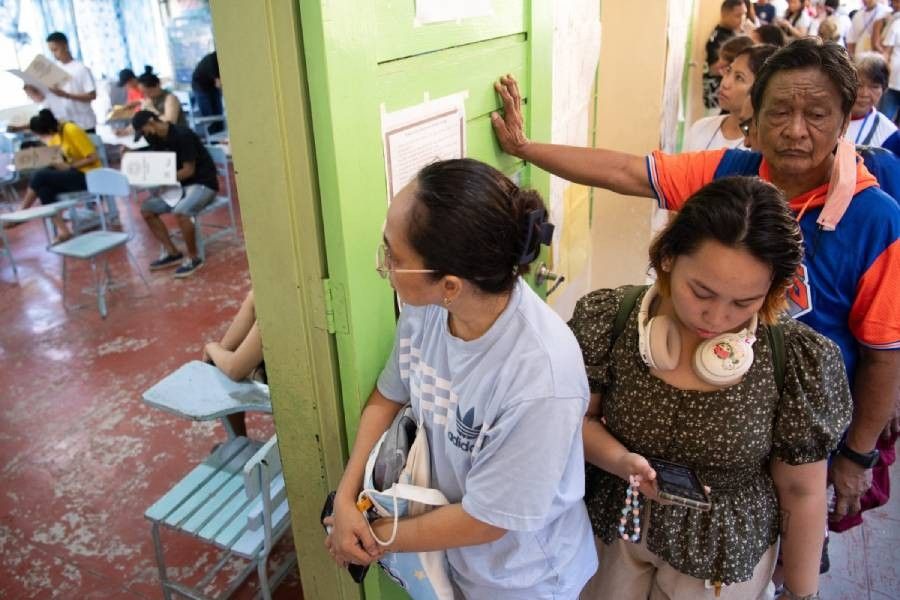Illinois providers split on fighting new bed tax - McKnight's Long-Term Care News
Some Illinois long-term care providers are calling a proposal by fellow providers to introduce a nursing home bed tax “misguided,” and the possible future cause of greater financial burden.
Earnings from the bed tax proposed by the Health Care Council of Illinois provider association would be used to increase the Medicaid support rate and would not go toward direct care, LeadingAge CEO Angela Schnepf said in opposing the proposal in a recent statement.
Illinois nursing homes are at a breaking point, HCCI Executive Director Matt Pickering told McKnight’s Long-Term Care News Friday. So the bed tax is necessary to support unchanged Medicaid support rates, which has resulted in closed facilities, layoffs and displaced seniors, he said.
“SB1606/HB2858 offers the most realistic and responsible path to stabilize the industry, protect vulnerable residents, and secure critical federal funding. This bipartisan proposal represents a strong partnership between providers and labor, with a shared commitment to invest in frontline wages and staffing so quality care can continue,” Pickering stated. “Without legislative action this session, the crisis will deepen, especially in rural and underserved communities. We urge lawmakers to pass this legislation and protect access to care for our seniors across Illinois.”
While many of HCCI’s provider members may be on board, other operators worry that the “uncountable funding” would not just penalize high-performing nursing homes but would also offer no return on the investments they’ve already made to staffing and upholding quality care.
It could generate widespread loss throughout the sector, LeadingAge Director of Government Relations Jason Speaks said.
“The proposal, which has been described as being a blanket $3.90 increase across all levels of our current tax, is structured to generate $70 million in taxes, for a $140 million return,” he told McKnight’s Long-Term Care News Thursday. “The proponents are also seeking an additional $70 million in general revenue fund. As structured, it would create 112 losers out of the 688 skilled nursing facilities and 67% of LeadingAge Illinois members would see a loss.”
LeadingAge held a press conference with local providers Thursday where they collectively aired their grievances.
“Increasing the bed tax on nursing homes places an unfair burden on facilities that are already working tirelessly to provide compassionate, high-quality care to our most vulnerable citizens,” Matt Feucht, CEO of Apostolic Christian Skylines, a continuing care community in Chicago, said during the press conference. “Instead of penalizing providers, we should be finding sustainable ways to support long-term care that honors our seniors with dignity and respect.”
Some of providers’ most pressing concerns include nursing homes having to shell out more tax money than they would get back in any funding increase. They also include investments shifting to non-care related expenses and reform measures possibly being interrupted – such as LeadingAge and Illinois Healthcare and Family Services’ action to tie Medicaid reimbursement to staffing and care quality, Speaks said.
That reimbursement methodology was created in 2022 and HCCI’s proposal would direct funds towards the Medicaid support rate, which sees more than 40% of it allocated to administrative overhead, Speaks noted. It uproots the landmark changes that were made just a few short years ago, he said.








